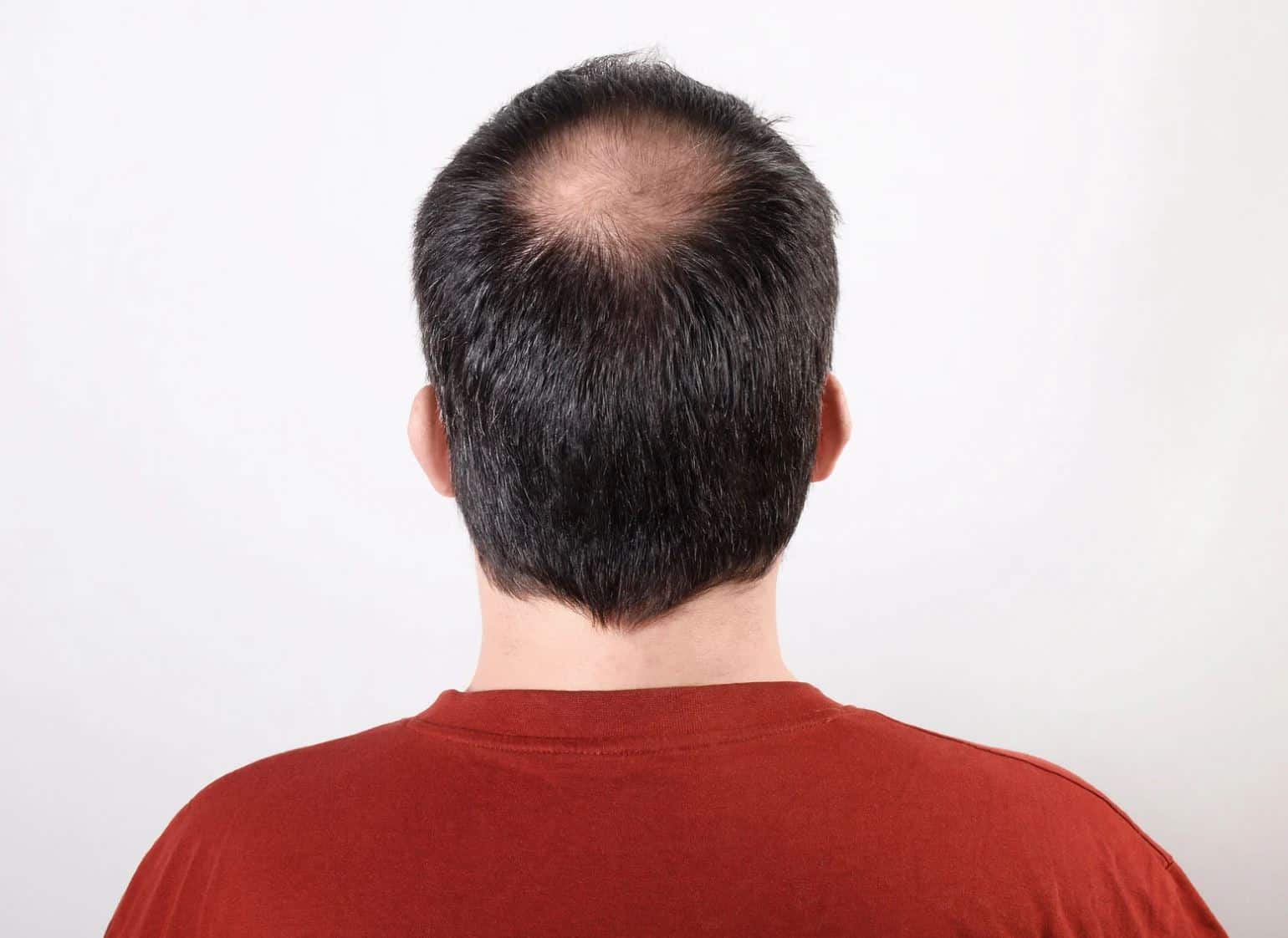Is Propecia Safer Than Other Hair Loss Treatments?

If you’re battling hair loss, chances are you’ve come across Propecia as a top treatment option. But with so many choices out there—from minoxidil to natural remedies, and even advanced in-office procedures—one question often pops up: Is Propecia really safer than other hair loss treatments?
At Shapiro Medical Group, we get it. Safety is a major concern when it comes to putting anything in or on your body. So, let’s break down how Propecia compares to other popular options, what side effects to watch for, and which treatments might be the best fit for you.
Propecia vs. Minoxidil: Who Wins the Safety Battle?
Propecia and minoxidil are the dynamic duo of hair loss treatments. But they’re very different in how they work—and in their side effects.
- Propecia is a pill you take daily that blocks DHT, the hormone behind male pattern baldness. Because it changes hormone levels, some men worry about side effects like low libido, mood shifts, or erectile issues. The good news? These effects are relatively rare and often reversible upon discontinuation.
- Minoxidil is a topical treatment you apply right on your scalp. Its side effects tend to be local and milder—think itchy, dry scalp or redness. Some users might see unwanted hair growth on their face if the medication spreads beyond the scalp.
If you’re looking at side effects alone, minoxidil generally causes fewer systemic issues, but the local irritation can be a dealbreaker for sensitive skin. Propecia’s side effects are rare but more impactful. So which one is safer? It really depends on your body and how you tolerate each treatment—both are FDA-approved and have decades of safe use behind them.
What About Natural Remedies and Supplements?
You’ve probably seen the shelves lined with biotin, saw palmetto, pumpkin seed oil, and other “natural” hair loss remedies. They seem safer because, well, they’re natural. But are they?
- In terms of safety, supplements often feel like a no-brainer. Most people tolerate them well, but they’re not risk-free. Some ingredients can cause allergic reactions or upset your stomach, and supplements aren’t regulated as strictly as prescription meds, so quality and consistency can vary significantly.
- When it comes to results, the science is a lot fuzzier. While some supplements show mild DHT-blocking effects, none come close to the clinical strength or consistent outcomes of Propecia.
If you want a gentler approach and aren’t in a rush, natural remedies can be part of your plan—but don’t expect dramatic hair regrowth from supplements alone.
Are In-Office Treatments Like PRP or Hair Transplants Safer?
If pills and lotions aren’t your thing, maybe you’re curious about advanced treatments like PRP (platelet-rich plasma) injections or hair transplants. These options are becoming more popular—and here’s how they stack up on safety.
- PRP Therapy is pretty amazing: it uses your own blood to stimulate hair growth. Since it’s derived from your own cells, allergic reactions are rare, and side effects are usually limited to mild scalp tenderness or swelling. It’s a low-risk way to boost your natural growth cycle.
- Hair Transplants involve surgically moving healthy follicles to thinning areas. Surgery always carries some risk—including infection, bleeding, or scarring—but in the hands of skilled specialists, complications are minimal and outcomes are highly predictable.
Compared to medications, these procedures avoid systemic side effects entirely but may involve more upfront cost, time, and short-term recovery.
How to Choose What’s Right for You?
Here’s the bottom line: there’s no one-size-fits-all answer when it comes to hair loss treatments and safety.
- Propecia offers a powerful, well-researched option with rare but potentially significant side effects.
- Minoxidil is easy to use and mostly causes minor scalp irritation.
- Natural supplements are gentle but often less effective.
- In-office treatments like PRP and hair transplants are safe when done by experts and offer a different approach altogether.
At Shapiro Medical Group, we tailor treatment plans that balance safety, effectiveness, and your personal preferences. Whether you want to try medication, explore natural options, or dive into in-office therapies, we’re here to guide you every step of the way.
Learn more about our personalized Medical Therapy options designed to keep you safe while getting the best results.
Final Thoughts
Safety is key when fighting hair loss. Propecia remains one of the most effective treatments with a solid safety record, but it’s not the only option—and it’s not necessarily the safest for everyone. Understanding the pros and cons of each method helps you make smart, informed decisions for your hair and your health.
If you’re ready to explore what’s best for you, the experts at Shapiro Medical Group are ready to help you craft a plan that’s safe, effective, and tailored just for you.

